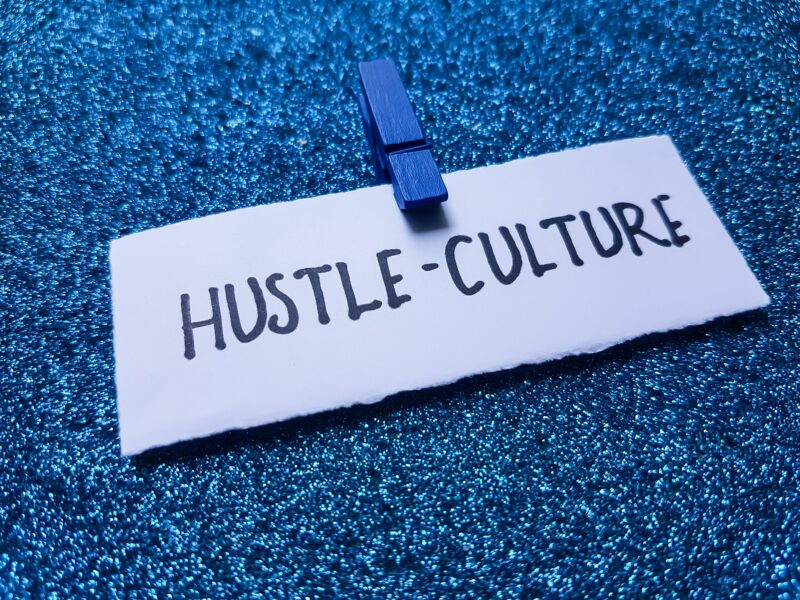The topic of resilience is on many folks’ minds these days. We are in the middle of a big adversity of unknown duration with lots of uncertainty that even the most mentally fit among us may be struggling to handle. Nine years ago, I started my work with the University of Pennsylvania and the United States Army’s Comprehensive Soldier and Family Fitness Program to teach and train drill sergeants, other NCOs, officers, DA civilians and their families resilience and performance skills. Never in a million years did I ever think I would work with drill sergeants and soldiers in any capacity. Like never. I hate war movies and drill sergeants seemed particularly intense.
Fortunately, I was part of this team for almost four years, and during the entire length of the program the UPenn team (a mix of graduates from the applied positive psychology program at UPenn, sports psychologists, soldiers we promoted to the training team and other mental health professionals) trained more than 40,000 military personnel in these skills.
I was completely unprepared for the ways I would change by teaching this work and the profound lessons about resilience the drill sergeants would teach me. I find myself reflecting on these lessons today and wanted to pass them on.
Resilience is not a statement about your toughness as a person. No one would suggest a drill sergeant needs to toughen up, and our team spent part of the first class clarifying myths about resilience. After all, the soldiers were being trained to go back to their units and teach other soldiers these skills. The soldiers wouldn’t be effective as teachers if they couldn’t distinguish between myth and fact about the concept.
When I talk to busy professionals, I hear some of the myths about resilience surface. Some people perceive the term to imply that they aren’t doing enough – that if they’re struggling, it somehow means they lack resilience. Some perceive resilience as leadership trying to turn already hardworking people into superhuman robots or that it’s a covert strategy to get people to do more work. I observe others reacting to the term as a statement of character – “don’t tell me I need to be more resilient! Look at what I already do?!” Resilience is complex and multidimensional, and people respond to challenging circumstances in a range of ways. Resilience looks like having a bad day, crying in your car after getting your groceries, feeling overwhelmed about the news but laughing with your kids or just muddling through as best you can.
When I asked some of my soldier friends how resilience skills helped them, I heard things like:
- “I’m now more aware of how my actions affect those I lead;”
- “I’m flourishing – I’m able to see the growth opportunities in every situation;” and
- “It provides an actionable skill set to all of the wisdom I heard from my leaders.”*
Practicing the skills associated with resilience grows important competencies like self-awareness, flexible thinking, high-quality relationships, meaning, stress awareness and having a positive default. Resilience isn’t about toughening up people – it’s about empowering them.
It’s OK to feel OK (even positive) when there is a crisis happening. Positive emotions and feeling good might seem misplaced with a crisis of this magnitude. Seeing this type of positivity might even feel off-putting, particularly if you’re stressed out about juggling work and homeschooling your kids or worried about a loved one’s health. I remember during my first training that the soldiers were talking about humor and cracking jokes while on deployment during the height of the war in Iraq. It bothered me to hear them talk in what I perceived to be a callous manner, and I actually asked them a question about it. They said, “Ma’am, it was literally the only thing that got us through most days.” There is a strong link between positive emotions and resilience at both the individual and team levels.
Meaning has to come from somewhere. I was sitting with some soldiers at lunch one day when out of the corner of my eye, I noticed one of the soldiers staring at me, his gaze not once leaving my face. After a few minutes (and beginning to feel somewhat uncomfortable), I turned to him and asked, “Hey sergeant, what’s up?” His immediate response was, “Are you just in this for a paycheck?” I had never spoken to him before, and that was the first thing he wanted to know about me. I explained to him the deeper reason behind why I wanted to be part of the program, and as soon as I did his entire demeanor toward me changed – he started to trust me. Leadership researcher Joseph Folkman has found that trust is a far greater influence on employees’ opinion of leaders than their ability to communicate lots of information.
Relationships matter in a big way. We spent one full day of our program talking about character strengths – who you are at your best. All of the soldiers were required to take the VIA Values in Action Character Strengths Survey and then post their top four to six strengths on flip charts hanging around the room. One of the top core strengths drill sergeants consistently reported was “the capacity to love and be loved.” To say they hated it is an understatement – it sounded way too fluffy; but in reality, this strength is all about connection and looking out for others. In the military, a battle buddy, or battle, is the person a soldier assists both in and out of combat. A soldier always has someone to count on for assistance. In this weird time of physical distancing, who is your battle?
Vulnerability is strength. Resilience is about growing from adversity, so we heard lots of stories about struggle. Soldiers talked about the mistakes they had made both personally and professionally, mental health challenges, loves lost and found and regrets. Watching these men and women share in such a raw way probably changed me more than anything else about this work. Their stories inspired me to get “in the arena,” a phrase made popular by Brene Brown, but which is taken from this Theodore Roosevelt quote: “It is not the critic who counts; not the man who points out how the strong man stumbles, or where the doer of deeds could have done them better. The credit belongs to the man who is actually in the arena…and who at worst, if he fails, at least fails while daring greatly.” Truth be told, I was tired of staying quiet, not taking good risks and feeling like I was watching my life happen without fully participating in it. Vulnerability is the entry point to courage, innovation, empathy and connection, all of which we need now more than ever. Vulnerability feels like weakness, but it looks like courage to everyone else.
There are many more lessons I learned from my soldier teachers, but the five above are core. Remember that resilience doesn’t always look pretty – some days it’s just about putting one foot in front of the other and doing the best you can. Whatever you’re doing now is enough.
* A big thank you to David Parish, Dan Mason, Sylvia Lopez, and Lauren Osinski for providing me with these responses.
Want to know more? Download my free “Is It Stress or Is It Burnout” strategy guide here. You can also learn about our speaking and training programs here.







